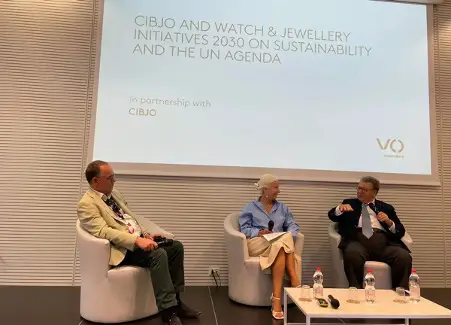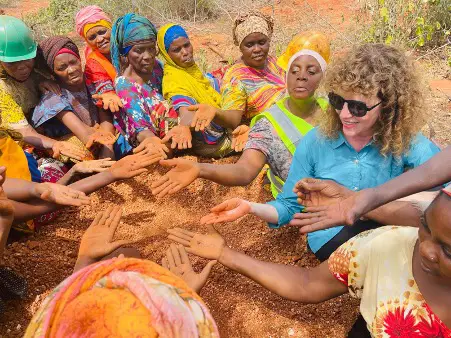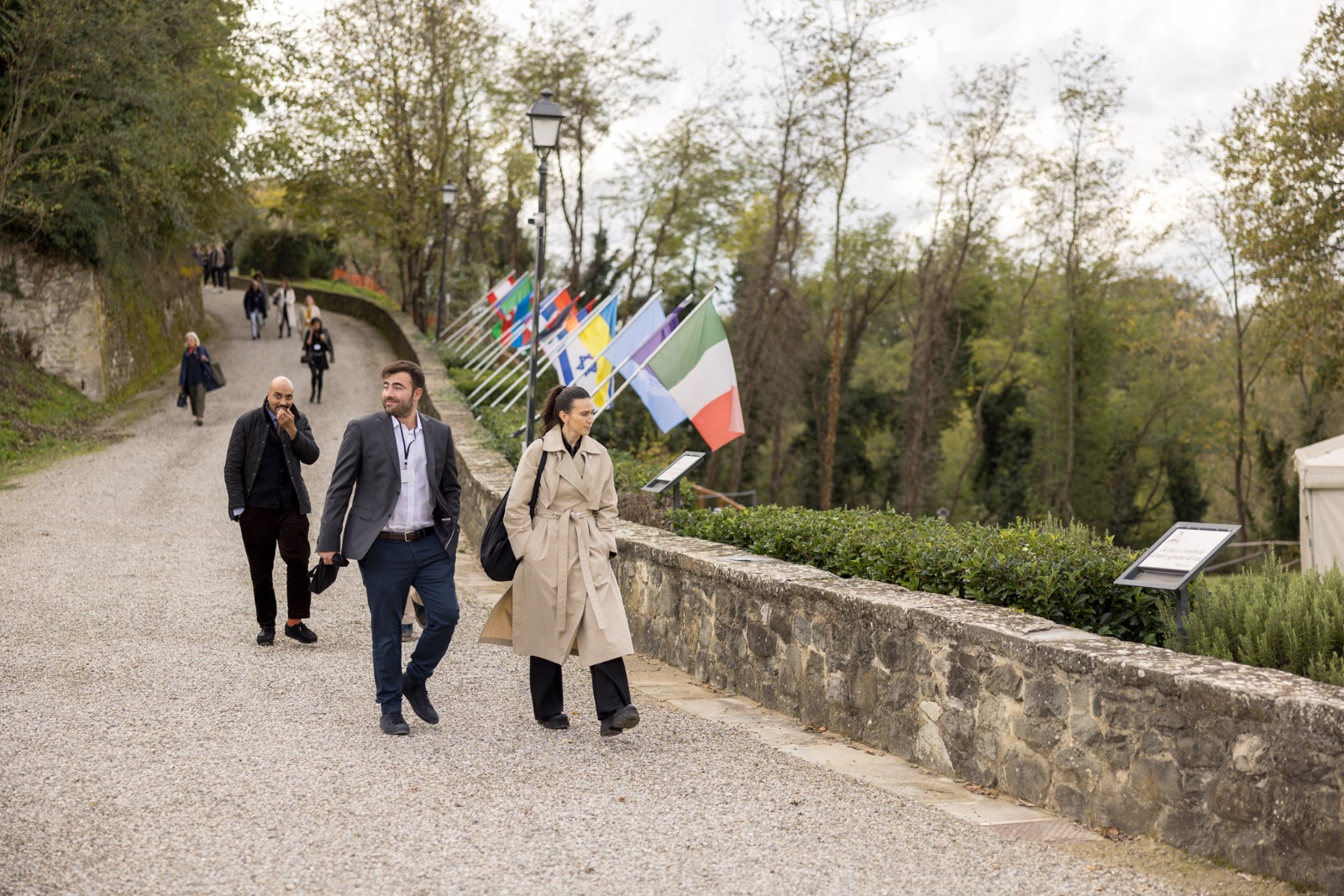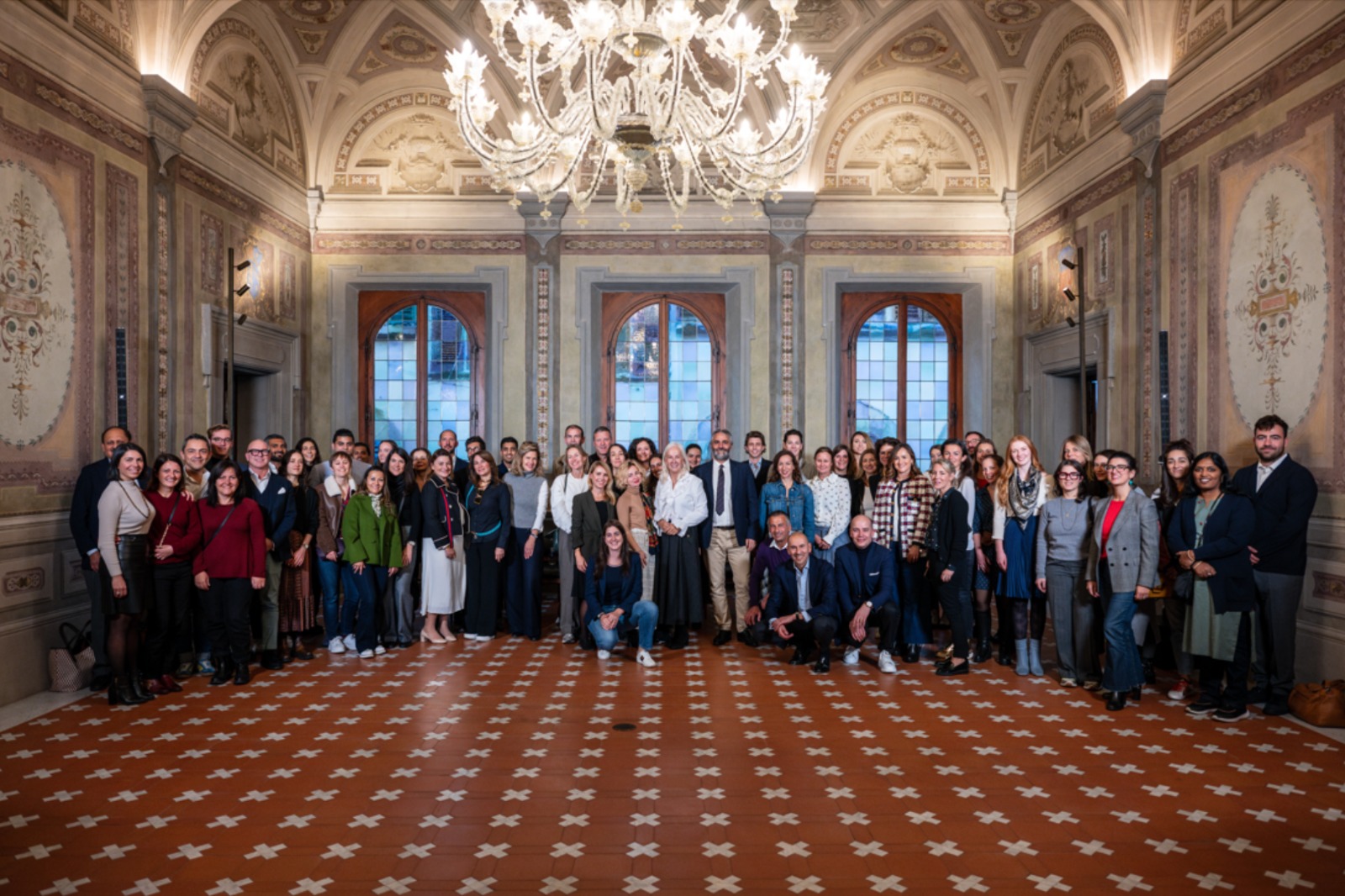In 2023, UN Women introduced the WEPs Gender-Responsive Procurement Assessment Tool to help companies gauge their progress on GRP policies and practices. To test this Tool, WJI 2030 and UN Women partnered to launch a pilot programme focused on evaluating gender responsive procurement in the jewellery industry.
Nine members of WJI 2030 took part in this global initiative, marking the first-ever endeavour to apply the tool within an industry-specific context, and aiming to assess and enhance gender equality practices within the jewellery sector. Companies participating in the pilot included Cartier, Dimexon, Gucci, Italpreziosi, Julie Sandlau Vietnam, Monica Vinader, Rosy Blue, Rubel & Menasché and Swarovski.
As the first phase of the pilot project on gender-responsive procurement concluded, pilot companies demonstrated real commitment to gender equality, speaking volumes about companies’ dedication to fostering positive change for gender equality in the workplace, marketplace and community. However, the pilot also brought to light common challenges evidencing the need to move faster to create gender equality now more than ever.
Together in Partnership with UN Women, WJI 2030 has launched its first Case Study on Gender Responsive Procurement in the watch and Jewellery industry, exploring the topic of gender responsive procurement, sharing the process and methodology of the pilot, highlighting the key findings and learnings, and sharing recommendations, actions and resources to enable companies to get started and accelerate action.
The joint pilot with UN Women marks the initial step in constructing a robust framework of tools and resources, poised to empower companies across the jewellery sector.
Our vision is expansive, inviting all like-minded entities to join hands in this transformative journey. WJI 2030, UN Women and the pilot participants are exploring a second pilot phase to involve their suppliers, and to co-design GRP tools and resources to continue to strengthen gender equality in global supply chains.









